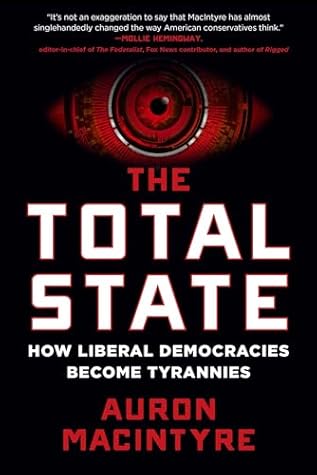Kindle Notes & Highlights
Read between
October 6 - October 12, 2024
If genetic determination is an acceptable justification for sexual preference, why would it not be the same for the in-group preference now commonly referred to as racism?
People inherently understand there is something about the creative process that is destroyed by the distribution of responsibility and the implementation of a bureaucratic structure. So it is that as bureaucracy creeps in, an organization also experiences mission creep.
The owner or founder of an organization is primarily concerned with its success, but this is not the primary interest of the manager. The manager is simply one of many bureaucrats, and while he may be impacted by the overall success or failure of the organization, his primary concern is his own position.
In the business world, this phenomenon is often called the principle-agent problem. When the interests of the individual taking an action are no longer aligned with the interests of the person or group who will bear the cost of that action, disaster usually follows. This is why every bureaucracy eventually cannibalizes the organization it was built to serve. Eventually, the incentives for managers are so desperately out of line with the interests of the institution that it looks like it is being run by a cabal of its enemies.
Each of these managers knows that they will eventually need to get another job to advance their careers. Some will do so by moving up inside the organization, but most will move to other companies.
Both James Burnham and Samuel Francis would recognize that managers are essential for the operation of massified organizations, but MacIntyre asserts that most modern bureaucracy is simply a product of the cancer-like growth of the managerial class and does not actually produce notable increases in efficiency.


